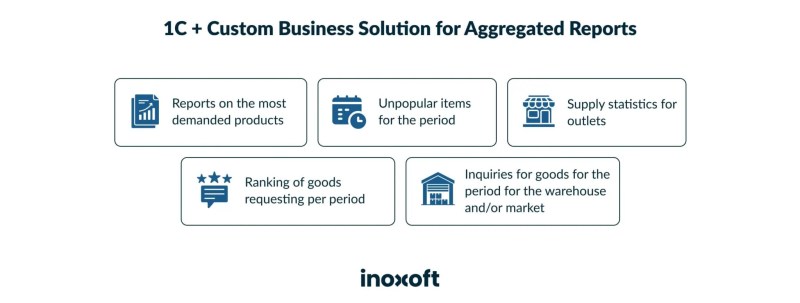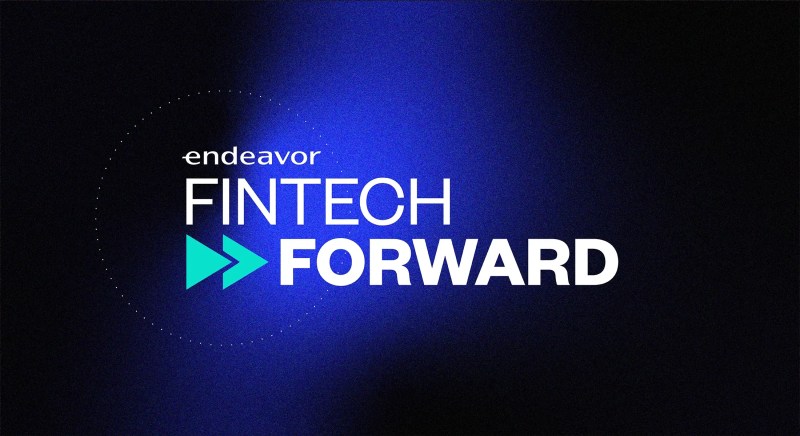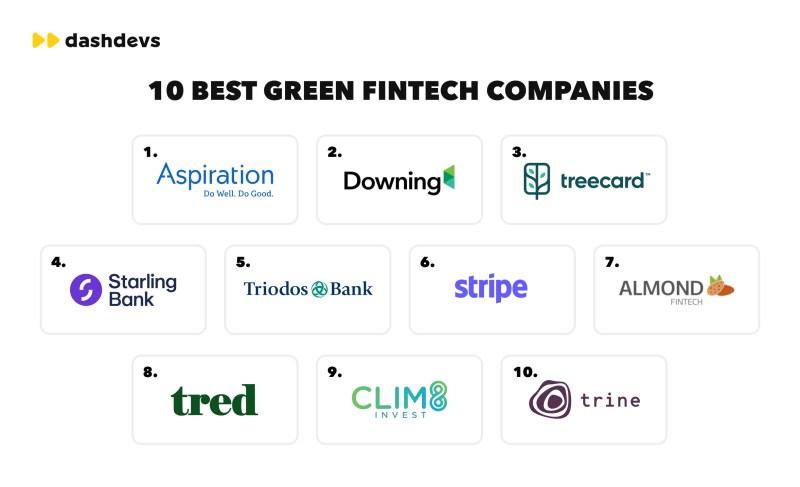
Will Fintech Replace Banks – Just a few decades ago, innovations like credit cards and ATMs were considered groundbreaking in the financial world. However, as technology continues to rapidly advance, so do our expectations of what is possible in finance. Now, services like mobile banking and cryptocurrency payments are becoming commonplace, and what once seemed extraordinary has become the new norm.
Today, experts see the future of fintech as promising and constantly evolving, offering many benefits to consumers. Innovative Fintech approaches have forced traditional banks to abandon their conservative practices and adapt to a rapidly changing environment. Fintech is changing the banking game with its innovative solutions that are easily accessible and affordable.
Will Fintech Replace Banks

Traditional banks, especially after the recent crises, are aware of the need to meet digital trends. Their outdated business models are ill-equipped for today’s fast-paced digital world.
Every Company Will Be A Fintech Company
In this article, we will explore the differences between fintech companies and traditional banks, explore how they can work together, and discuss the importance of collaboration between the two entities.
Financial technology or FinTech is a vibrant ecosystem of technology-based startups and progressive companies that use cutting-edge technology to deliver a variety of financial services.
Popular fintech players include Revolut, which offers global money transfers, exchanges and cryptocurrency trading, Robinhood, known for commission-free stock trading, and SoFi, a platform that offers student loan refinancing, personal loans and investment services.
Traditional banking usually refers to established financial institutions authorized to accept deposits and make loans to individuals and businesses. These banks come in various forms, including corporate banks, investment banks and retail banks, serving different market segments.
Banks Are Cutting Jobs Due To Digitalization And Ai • Uxda
These are some famous banks like ING, Bank of America and Banco Santander to name a few.
👉 If you want to explore more detailed information about Fintech, you can read our previous article What is FinTech and why is it so popular?
In the world of finance, traditional banks and fintech companies provide services to consumers, but they do so in different ways. Fintech companies use new technologies, while traditional banks follow older methods. Fintechs are often at the forefront of innovation, which attracts more customers to them. This competition means fintechs are taking over some areas once dominated by traditional banks, such as payments and lending.

However, there is another side to their relationship. Fintech companies are also focusing on working with traditional banks, not just against them. They offer services such as Regtechs (Regulatory Technologies) that help banks more easily comply with regulations and Paytechs that improve the customer experience. This partnership helps banks to adapt to modern needs while maintaining their expertise.
Digital Banking Solutions & Fintech
In today’s banking world, banks can partner with fintech companies and create custom solutions for their customers. These solutions are tailored to each individual’s needs and goals. This means customers can do what they want with their money, faster and more securely.
When banks offer these personalized services, they make their customers happy and more likely to stick with them. In addition, they can even attract new customers who want these personalized banking experiences. So by combining fintech with traditional banking, everyone wins: customers get better service and banks have happier customers.
Although fintech companies bring new ideas and innovations to the financial sector, they cannot completely replace traditional banks. Traditional banks, with their long history, good reputation and extensive experience, play a key role in maintaining the stability and reliability of the financial system. They excel in compliance and have deep knowledge of banking.
While fintech companies may resemble banks in some ways, they lack the complex infrastructure and historical experience of traditional banks. Therefore, although both are important, traditional banks continue to hold an important position in the industry.
Is Fintech A Challenge To Existence Of Traditional Banks
We can say that the relationship between fintech and traditional banks tends towards cooperation rather than competition.
While fintech companies contribute to finance with new ideas and innovations, traditional banks are still essential for stability and reliability. We believe that the collaboration between fintech and traditional banks offers customers the best of both worlds.
🚀 If you are interested in learning more about insurtech, technology and other related topics, you can explore all our blog posts on the blog. Banking services have been providing financial services for centuries, with the growth of Fintech, more technological innovations have disrupted the financial services sector. Fintech companies have created new banking methods that differ from traditional banks.

Many people now deposit checks using smartphones, send or receive money through apps, manage investments, apply for a loan on a website, and more. Fintech is a customer-centric technology to deliver a seamless and convenient customer experience, including retail banking, education and wealth management.
Can Fintech Replace Banks In The Future?
Financial technology (FinTech) describes new technology that automates and improves the delivery of financial services by using software to manage products, processes, operations and the delivery of financial services.
Banks have been used to finance loans, deposit and withdraw money, but above all, the main function of banks is to manage risk and serve a wide range of consumers. There are various types of banks like commercial banks, retail banks, investment banks etc.
There are differences between Fintech and banks in terms of definition, purpose, potential coverage, structure, technology, target customers and collateral. The main differences include:
Definition: Fintech is a term used to describe new technology that automates and improves the delivery of financial services, while banks refer to financial institutions that are licensed to accept deposits from their customers and make loans.
Open Banking Strategy For Us And Canadian Banks
Purpose: Fintech companies focus on making the customer experience seamless through convenience, functionality, personalization and accessibility, while banks focus on security and financial risk management.
Potential coverage: Leveraging technology trends and advancements such as smartphones, fintechs have a larger market share while banks have a limited market share.
There are 4 broad categories where banks and Fintech (internet and blockchain finance companies) differ. Although some factors in between are better. as a whole, neither fintech nor banks are better than the other.

Since the financial crisis of 2007 and the rise of fintech, many have predicted the collapse of banks. However, banks have used technology to generate revenue, manage risk exposure and reduce costs, but not without lowering the barrier to entry in the financial sector and exponentially increasing competition to enter the top 10 financial institutions . Fintech banks occupy half of the top five positions.
How Fintech Will Eat Into Banks’ Business
Today, technology is a key differentiator for the long-term success of banks, and big banks are not closing their doors, partnering with or acquiring Fintechs, or using technology to support their operations. Some banks such as JPMorgan Chase & Co. and Citigroup Inc. offer their own digital platform. The problem is revenue, as fintech companies offering cheaper, better and faster services are increasingly gaining market share and revenue from banks, depending on the type of financial solution they offer.
Smaller banks have a narrower and distinct competitive advantage with Fintechs with respect to: First, regulatory burdens versus looser restrictions on the Fintech industry, whose regulatory environment develops more slowly than innovation in the industry. Second, service specialization, thanks to technology, fintech specializes in services that provide a better customer experience. However, smaller banks may not have the resources to use technology to specialize in areas such as small business lending. Finally, new technologies used by fintechs allow them to scale and increase distribution channels, while smaller banks may become dependent on one distribution channel because of threats, especially technology-related, to other channels.
As banks decide on their market and technology goals, fintechs continue to disrupt the industry. These banks are responding in a number of ways, including increasing spending on internal technologies such as banking apps to improve the customer experience. Others are partnering with fintech firms such as Goldman Sachs and Esusu Financial Inc. based in New York, which allow renters to improve their credit by reporting rent payments to credit bureaus. rental fairs.
Overall, technology is here to stay and companies that are poised to thrive in the long term will use technology effectively and efficiently by adopting subjective approaches to integrating technology into their operations and services. In addition, fintech companies need to consider their scaling and branding strategies, leveraging more stable funding models and working with regulators while serving the financial sector.
19 Fintech Banks And Neobanks To Know 2024
Alexandre Prot, CEO of Qonto and CFTE Fintech Foundation expert, highlights the contrast between banks and fintech by discussing the organizational and commercial approaches to how banks operate versus fintech.
Introduction As the asset management industry continues to embrace genetic artificial intelligence, the focus is increasingly on effective data management.
Introduction The wealth management industry is undergoing a major transformation due to generational change and evolving market conditions. like

Introduction The future of artificial intelligence (AI) is incredibly promising as it continues to revolutionize industries by improving operational performance.
Fintech Vs. Banks: Can Fintech Replace Traditional Banks?
The Center for Finance, Technology and Entrepreneurship (CFTE) is a global learning platform that aims to equip finance professionals and organizations with the skills needed to remain competitive in a rapidly changing industry. Hosted by experts from across the industry, our leading training programs help talent develop the skills to join the digital revolution in finance. CFTE courses are globally recognized with accreditations from ACT, IBF,





